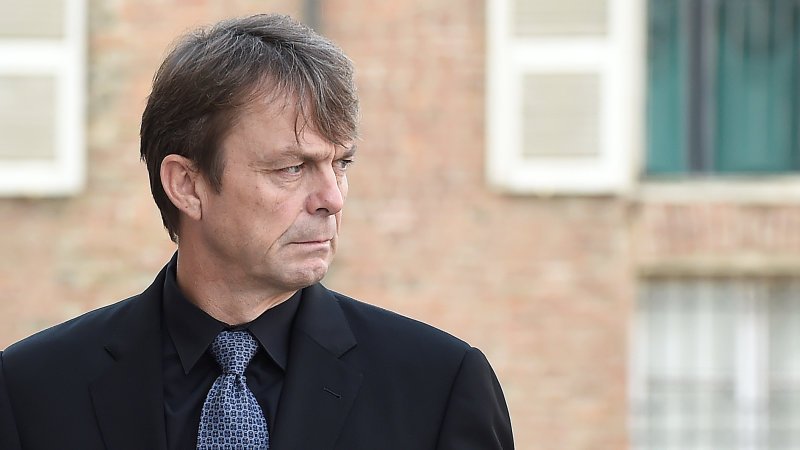New Fiat Chrysler CEO picks management team to tackle industry in flux

Fiat Chrysler's new boss unveiled his management team on Monday, seeking to revive the automaker in Europe, forge ahead in North America and keep the group in contention in the industry's race to develop self-driving and electric cars.
Mike Manley took over in July after long-time chief Sergio Marchionne fell ill and later died after succumbing to complications from surgery. British-born Manley has since pledged to carry through a strategy Marchionne outlined in June to keep FCA "strong and independent."
"The next five years will continue to be extremely challenging for our industry, with tougher regulations, intense competition and probably slower industry growth around the world," Manley said in a letter to employees on Monday.
"Nevertheless, with a laser focus on execution and a continued flexibility that allows us to adjust as circumstances change ... we have a clear line of sight to achieving our five-year ambitions."
Manley appointed Pietro Gorlier, thus far chief operating officer of FCA's components business, as FCA's next European chief to tackle a region where profitability is below that of peers, many workers are stuck in furloughs and various plants run at below capacity.
The carmaker's previous European chief Alfredo Altavilla left after FCA appointed Manley as Marchionne's successor.
As head of the components unit, Gorlier has also led Magneti Marelli, the parts unit that FCA may either spin off or sell.
He will be succeeded at Magneti Marelli by the parts maker's lighting division head Ermanno Ferrari.
Japan's Calsonic Kansei has been in talks with FCA about buying the unit, sources familiar with the matter have said, but no binding agreement has been reached and the deal could still fall apart.
Choosing an Italian as head of Europe might soothe some fears in Italy that FCA could weaken its link to Fiat's roots.
In his last strategy unveiled in June, Marchionne vowed to convert Italian plants to churn out Alfa Romeos, Jeeps and Maseratis instead of less profitable mass market vehicles to preserve jobs and boost margins. Europe will also become a big part of the company's electrification drive.
FCA will copy in Europe what worked in the United States, where it retooled plants to build pricier SUVs and trucks in a move since emulated by bigger rivals Ford and GM.
Manley also named new managers to succeed him at Jeep and RAM, the two brands which have been driving profits in recent years and remain at the core of growth plans.
Tim Kuniskis was named head of Jeep North America, while Reid Bigland was named head of trucks brand RAM.
Kuniskis will also remain in charge of Alfa Romeo, while Harald Wester, current chief technology officer, will take on an additional role of leading luxury brand Maserati.
Manley and his team have big shoes to fill: Marchionne achieved what many thought impossible, most notably his huge gamble just over a decade ago when he set in motion the marriage between the then-ailing Fiat with bankrupt U.S. rival Chrysler.
It is now the world's seventh-largest carmaker and is debt-free, but not without challenges ahead.
FCA cut its full-year profit outlook in July, blaming a weaker-than-expected performance in China, a market that represents one of the new CEO's immediate headaches.
